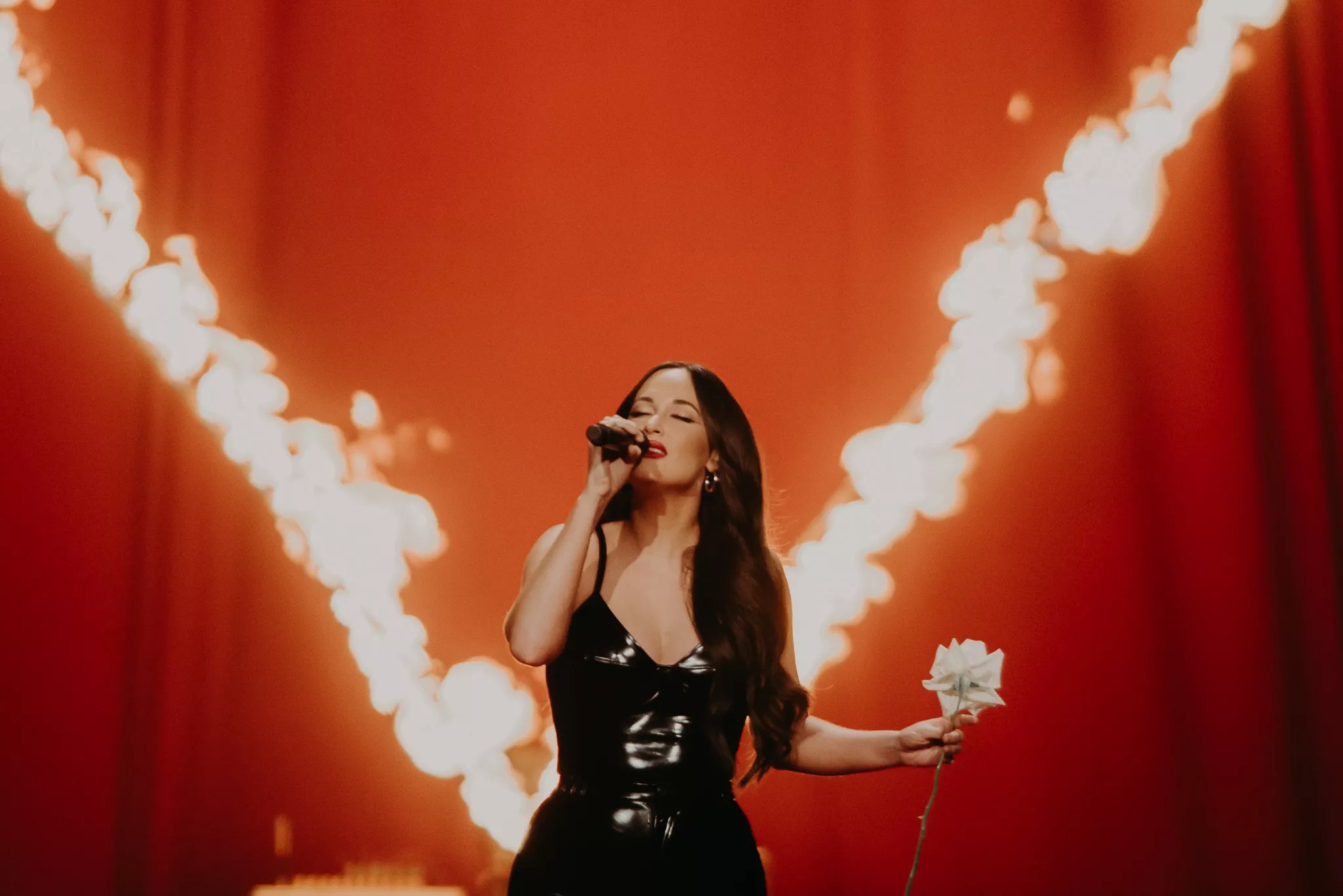
Mike Coppola/Getty Images

Audio By Carbonatix
At a glance, the history of country music might seem straightforward enough. For journalist Marissa Moss, the reality was something else.
“I realized there would be one story of country music that would be told by looking at the charts,” she says during a recent conversation. “And that would be a very different story from what I lived and saw and really loved, and it felt important to present that story.”
The result of her decision to look beyond the charts and probe the last 25 years of country music history is Her Country: How the Women of Country Music Became the Success They Were Never Supposed to Be, Moss’s debut nonfiction book, out May 10.
Moss, a Nashville-based contributor to Rolling Stone, Billboard, the Los Angeles Times, NPR and other outlets, frames her narrative around three iconoclastic Texas talents who rose to prominence over the last decade: Grand Prairie’s Maren Morris, Arlington’s Mickey Guyton and Golden’s Kacey Musgraves.
Through extensive reporting on all three women and multiple interviews with Morris and Guyton, as well as a constellation of contemporaries, collaborators, journalists and academics, Moss, across 304 pages, deftly makes a case for, among other critical changes, country music’s urgent need to embrace diversity. (Moss spoke with me as a source for Her Country.)
The three women, all of whom experienced country music’s most toxic tendencies, provide a through-line for Moss to examine the misogyny, inequity and racism embedded with the country music power structure. Moss reaches back to the Chicks’ infamous 2003 imbroglio involving President George W. Bush and the invasion of Iraq, and even the early days of Miranda Lambert’s career, to illustrate how the next generation of Morris, Musgraves and Guyton elected to forge their own paths, expectations be damned.

“If I leave, everything will stay exactly the same,” Maren Morris says of her reason for staying in Nashville.
Mike Brooks
“It feels like we’re at this moment, at least in my point of view, where country music is taking two different roads,” Moss says. “That’s been a pattern over the history of the genre … but you have this major gap in equality for women; very specifically, Black women, queer women. But then you also have these huge audiences that are accessing these women completely outside of the standard country music access points.”
Moss points to Morris’ pop crossover success with her multi-platinum smash single “The Middle,” as well as Musgraves’ awards-bedecked ascent to stardom without any significant radio support, as examples of how women – never particularly well-represented on radio or TV platforms within the genre to begin with – have simply decided not to feel obliged to play Nashville’s game, reaping the rewards of, to borrow a phrase from Musgraves, “following your arrow.”
“It’s very empowering and exciting to me to look at people who lead their careers that way, that say, you know, ‘I’m going to be true to myself, and my vision, and my moral center, and all of those things, despite everything else,'” Moss says. “Because they’re doing that within country music, it’s really easy to break the rules and push the limits.”
Some ugly anecdotes are embedded within Her Country – the much-discussed “Tomatogate” controversy makes an appearance (male artists are the lettuce, females the garnish in the country music salad, a radio consultant said in 2015), as do some cruelly myopic and dismissive comments from program directors and other country music gatekeepers. Given that ugliness, it’s no wonder some of the musicians seem deeply bruised by the machinations of the town where they live and work, as evidenced by a quote Moss obtained from Morris in the wake of Morgan Wallen’s racial slur usage in 2021.
“I was like, ‘Fuck this place,'” Morris says in Her Country. “But then I was like, if I leave, everything will stay exactly the same. I thought, I need to stay in the ring and get the shit kicked out of me a little longer. And it’s going to help more people than how I’m hurting right now. There’s obviously so much work to be done, but I think I’m willing to have the hard conversations and also identify myself as part of the problem to get to a better spot because I don’t want to leave Nashville or country music.”

Kacey Musgraves is among the Texas female artists forging their own paths in country music.
Natalie Perez
If history is any guide, circumstances will almost certainly worsen before, hopefully, improving – it’s as true for country music as it is the world. Still, Morris’ sense of beaten-but-unbowed optimism is shared by Moss as well, who hopes Her Country is as much a vehicle for discovery as it is a clarion call to Nashville and country music fans eager for change.
“I want people to feel informed in a powerful way about what the realities were,” Moss says. “[I’m] hopeful that someone would read this book, who loves country music, but doesn’t feel like or it hasn’t felt like it’s a place for them … would feel like they were welcomed back in through these stories, and these women, and lead [them] down roads of so many different artists that they maybe hadn’t listened to before. That’s the best outcome for me.”